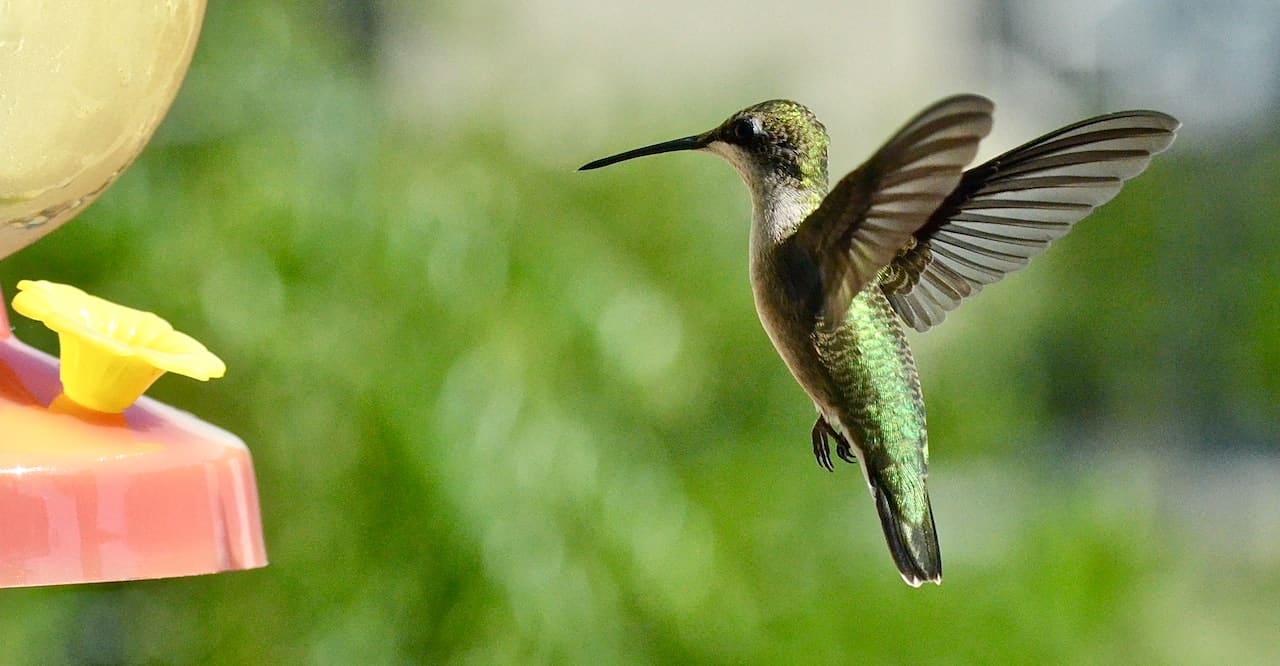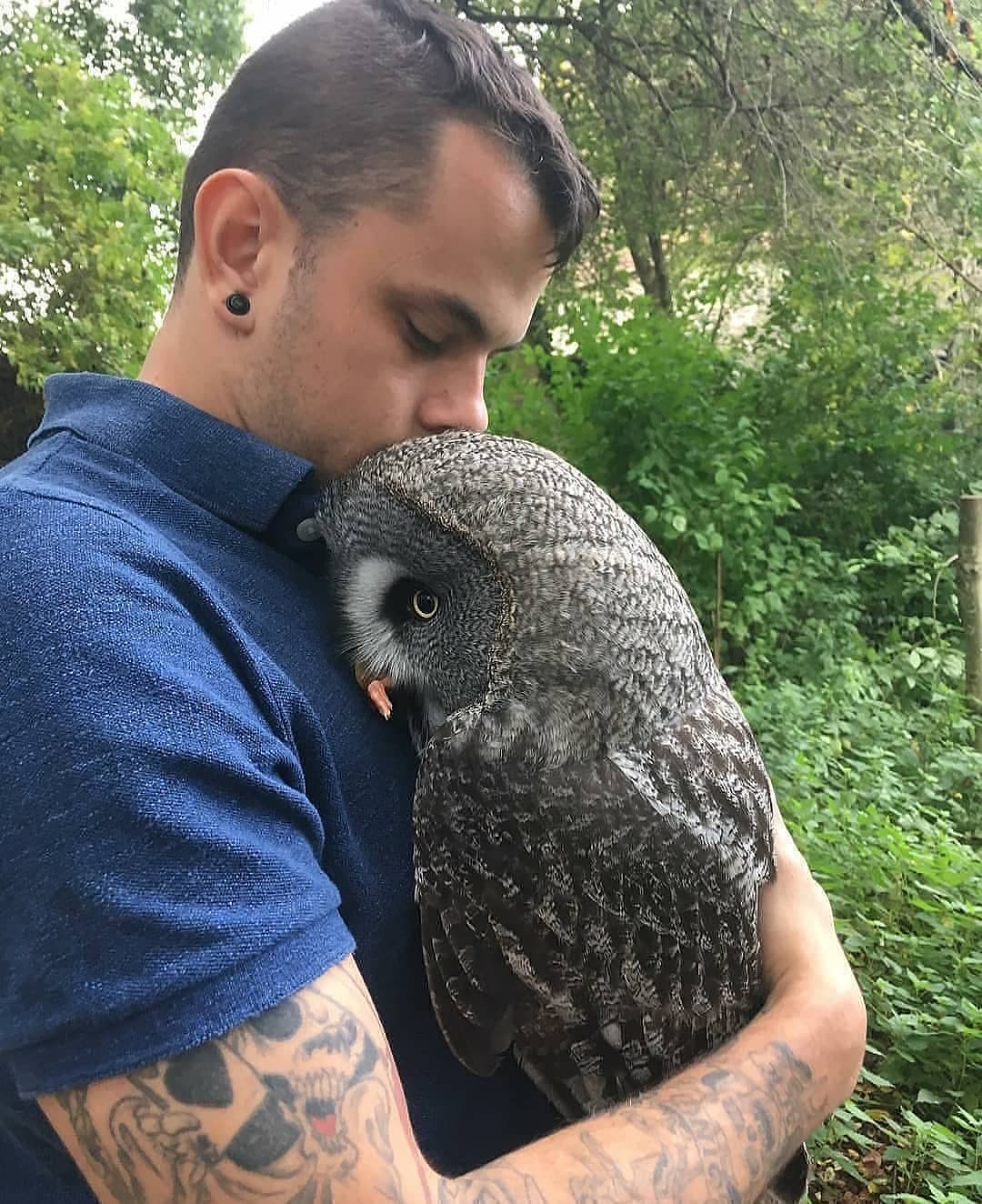Hummingbirds are fascinating creatures known for their vibrant colors and incredible hovering abilities. Many enjoy attracting these tiny birds to their gardens by setting up hummingbird feeders filled with sweet nectar.
However, there may be times when you notice a decline in hummingbird activity around your feeders. This article will explore why hummingbirds may stop coming to feeders and discuss how to bring them back.
Why do Hummingbirds Stop Coming to Feeders?

Territory Conflict
One reason why hummingbirds may stop frequenting your feeders is territorial conflict. These birds defend their feeding grounds from intruders and are exceedingly protective of them.
Having multiple hummingbird feeders placed too closely together can lead to aggressive behavior and deter other hummingbirds from approaching. Consider spacing out your feeders and providing multiple feeding stations to accommodate more birds to resolve this issue.
Nesting
Female hummingbirds create nests and raise their young throughout the nesting season. This may result in a temporary decline in feeder visits. Female hummingbirds prefer to feed on insects to obtain the necessary protein for egg production. Therefore, providing a suitable habitat with flowering plants is crucial, as these natural food sources are essential for attracting nesting hummingbirds.
Found Fresh Flower Nectar
Hummingbirds can find fresh floral nectar from natural sources. Hummingbirds may choose the fresh food found in nature. Make sure fresh nectar is always available to tempt them to return to your feeders and think about planting hummingbird-friendly native flowers.
Your Feeders Are Dirty
Dirty feeders can discourage hummingbirds from visiting. Mold, bacteria, and fermentation can occur in old nectar, making it unappealing and potentially harmful to the birds.
It is crucial to regularly clean and maintain your feeders to ensure they are hygienic and safe for hummingbirds to consume. Use a solution of one-part vinegar to four-part water to clean your feeders thoroughly.
Migration
Hummingbirds are known for their long-distance migration to seek more favorable climates and abundant food sources. These incredible birds may travel thousands of miles yearly, depending on the species.
When it’s time for migration, hummingbirds will gradually decrease their visits to feeders as they prepare for their journey. Patience is key during this period, and eventually, the hummingbirds will return when the season changes.
Diet Change
Hummingbirds have diverse dietary needs and may shift their preferences based on the availability of food sources. They rely on a combination of nectar, insects, and small spiders to obtain the necessary nutrients in their diet.
If you notice a decline in feeder visits, it could be due to a shift in their dietary preferences. To entice them back to your feeders, consider offering other food offerings such as protein-rich fruit flies or small insects.
Other Food Offerings, As Protein
Apart from insects and spiders, hummingbirds also require protein for their well-being. You can provide additional protein sources by hanging small red ribbons near your feeders.
These ribbons attract small insects, which in turn attract hummingbirds. Additionally, placing small trays with mashed bananas or overripe fruit near your feeders can serve as an alternative protein source and attract these delightful birds.
How To Bring Back The Hummingbirds?
There are several steps you can take to bring back hummingbirds to your feeder:
- Clean your feeders regularly to ensure they are enticing and safe.
- Space out your feeders to alleviate territorial conflicts.
- Plant various native flowers to provide a natural and diverse food source.
- Hang red ribbons or set up trays with protein-rich offerings to entice hummingbirds.
- Stay patient during migration, as the birds will return in due time.
Some Interesting Facts About Hummingbirds
- Hummingbirds are the only birds that can hover and fly backward.
- They have the highest metabolism of any warm-blooded animal.
- Hummingbirds can beat their wings up to 80 times per second.
- Their hearts can beat up to 1,200 times per minute.
- Despite their small size, hummingbirds can fly long distances during migration.
Conclusion
Hummingbirds may stop coming to feeders for various reasons, including territorial conflicts, nesting activities, availability of fresh nectar, dirty feeders, migration, and diet preferences.
To attract these enchanting birds back to your garden, consider the above factors followed by appropriate actions, and you’ll successfully create an inviting environment for them to return. Hummingbirds bring joy and beauty wherever they go, so let’s do our part in preserving their habitat and ensuring their well-being.

